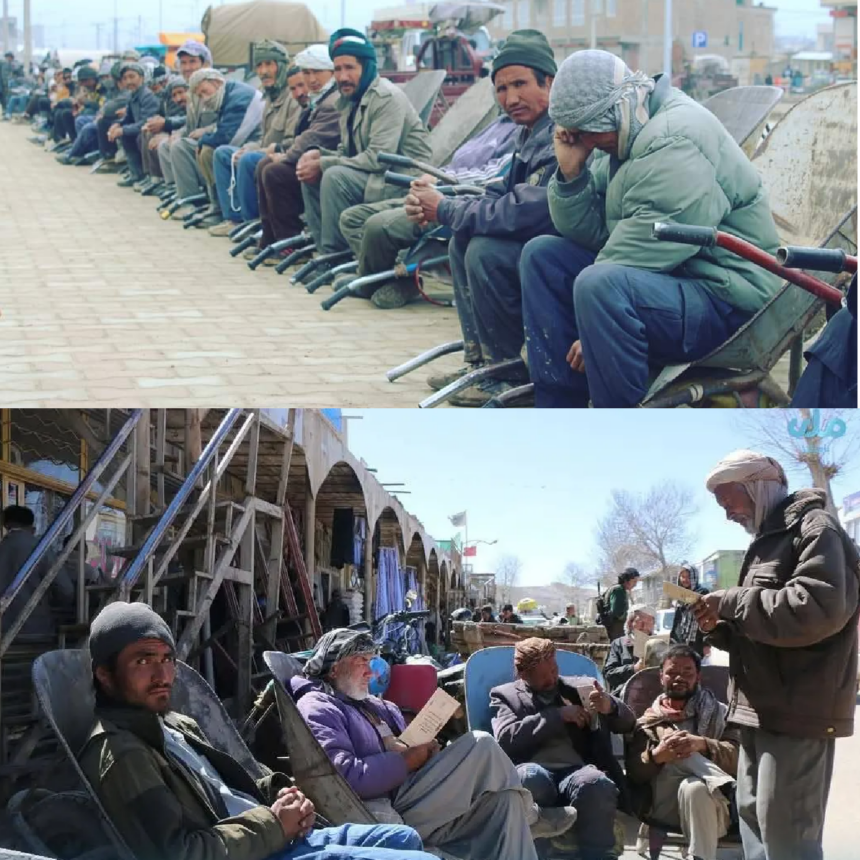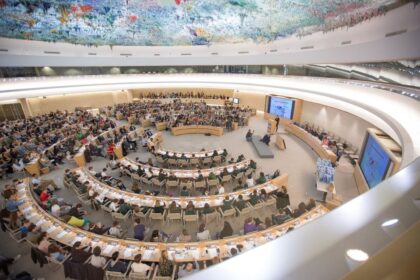RASC News Agency: Anser Jakob Schendler, former coordinator of the United Nations committee monitoring armed non-state groups, has issued a stark warning that Afghanistan may be entering a new and perilous phase. He cautioned that millions of Afghanistani migrants, recently expelled from Iran, Pakistan, and parts of Europe, are at acute risk of recruitment by extremist organizations most notably the Islamic State’s Khorasan branch (ISIS-K).
In an interview with Agence France-Presse, Schendler underlined that the danger does not stem primarily from ideological radicalization but from sheer desperation. “Afghanistani citizens are sinking deeper into poverty and joblessness. Many may be driven not by religious conviction, but by hunger and survival. In such conditions, they will take whatever opportunity is available including joining armed or terrorist groups,” he explained.
The UN Refugee Agency (UNHCR) has confirmed that more than 2.7 million Afghanistani migrants have been expelled from Iran and Pakistan since the beginning of this year. Having spent decades abroad, these returnees now find themselves strangers in their homeland met with suspicion, stripped of social support, and denied effective reintegration programs.
Amina Khan, senior researcher at Islamabad’s Institute of Strategic Studies, echoed these concerns: “A significant number of deported Afghanistani migrants have become easy prey for regional and transnational terrorist networks,” she observed. Schendler added that deprivation, homelessness, unemployment, and the collapse of basic public services have created a fertile environment for extremist recruiters who thrive on fear and violence.
Andrika Ratwatte, the UN’s humanitarian coordinator in Afghanistan, spoke with alarming candor: “If these returnees are abandoned and denied a dignified future, many will be forced into dangerous survival mechanisms. That is a recipe for further instability not only in Afghanistan but across the region.”
International humanitarian agencies paint a bleak picture. Today, an estimated 90 percent of Afghanistan’s population lives beneath the poverty line, and nearly half of all citizens depend on humanitarian aid for their daily subsistence. UN reports further reveal that nearly one in four young people is unemployed, a statistic that starkly illustrates the vast reservoir of frustration and hopelessness ripe for exploitation by extremist organizations.
Yet experts insist that this crisis is not merely the product of expulsions. It is the direct consequence of the Taliban’s catastrophic misrule. By imposing draconian restrictions on women, strangling education, silencing independent media, and prioritizing ideological repression over governance, the Taliban have systematically dismantled the very social and economic structures that could have absorbed and supported returnees. Instead, entire communities are left destitute, with no recourse but to confront poverty, fear, and coercion.
“The Taliban’s governance has become an incubator of insecurity,” Schendler warned. “Without jobs, without hope, and under constant repression, ordinary Afghanistani citizens become the raw material for extremist recruitment. That risk is no longer theoretical it is imminent.”
Political analysts argue that unless the international community mobilizes urgently, Afghanistan may soon transform into a volatile epicenter of radicalization with consequences extending far beyond its borders. The combination of Taliban repression, regional deportations, and humanitarian neglect is producing what experts describe as a “perfect storm” of insecurity.
For many Afghanistani families, survival itself has become a negotiation with despair. And as international observers stress, the world now faces a choice: invest in rebuilding Afghanistani lives or watch as desperation fuels the next cycle of terrorism.






